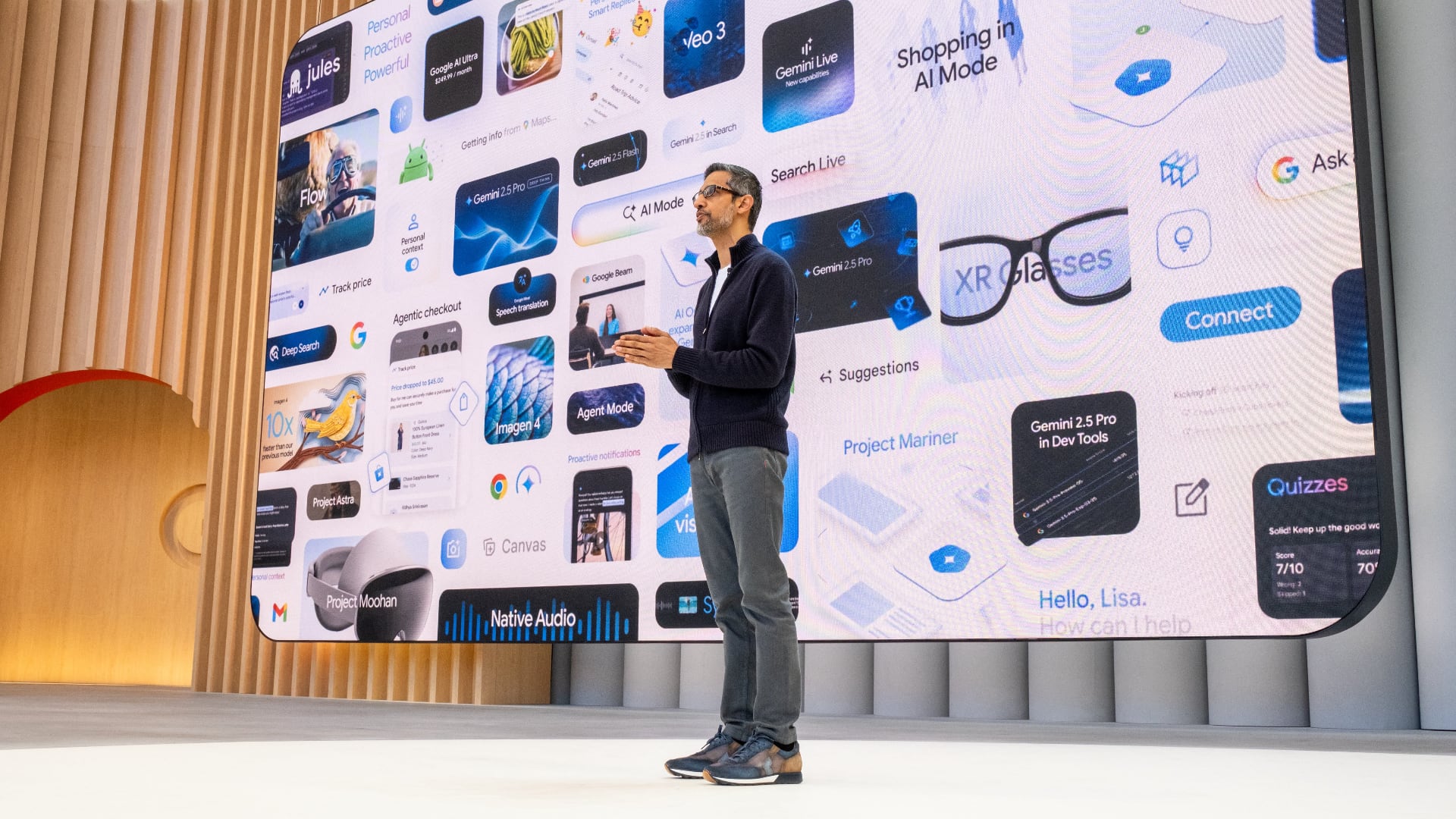A startup called Sunday is hoping to bring "hyper-custom, hyper-detailed, hyper-precise agriculture" to spruce up America's lawns. Now, with $6 million in new fundraising, the young company is ready to build up its technology, science, and team.
Sunday's highly-customized subscription delivery service offers customers less-toxic lawn care options based on soil and climate data, as well as satellite and aerial imagery, to produce a fertilizer mix tailored to every customer.
Founder and CEO Coulter Lewis told Cheddar that Sunday aims to distinguish itself within the industry by focusing on the strength of grass, rather than on killing weeds and pests.
"We use exactly the right amount at exactly the right time, rather than just overdoing the brute force approach. So we use less of everything," he said, pointing to the company's use of ingredients like molasses, seaweed, and recycled grocery store produce waste.
"Our focus is on building grass and soil health, rather than trying to kill weeds continuously," he explains.
In addition to its lawn care subscription, Sunday also sells a "weed warrior" spray that competes with the popular weed killer Roundup.
That means that Colorado-based Sunday stands to benefit from the backlash lobbed at life sciences and pharmaceutical giant Bayer, which sells Roundup. Bayer purchased the weed killer's seller, American agriculture biotech firm Monsanto, last year.
Bayer faces more than 18,000 U.S. lawsuits alleging that Roundup can cause cancer, according to Bloomberg, with many pointing to one of the weed killer's primary ingredients, the herbicide glyphosate.
"It's brought to light the big issues that are existing outside of Roundup. Roundup is a symptom of a much larger problem," said Lewis.
Lawns cover about 40 million acres of land in the U.S., according to a 2005 satellite analysis produced by NASA. And Garden Research, a market research arm of the American Garden Association, reports that Americans spend nearly $50 billion on garden and lawn care throughout the year.
"It's a massive amount of land. But the way we treat it now is we cover entire properties in pesticides and herbicides at a rate much higher than industrial farms," said Lewis.
For now, Sunday is focused on targeting home consumers, though Lewis noted that the company is also beginning to work with public spaces.
"What's interesting in that space is that at this point using Roundup is a liability for your team. And you're actually potentially causing trouble down the road," Lewis said. "So I think there is a B2B opportunity."












